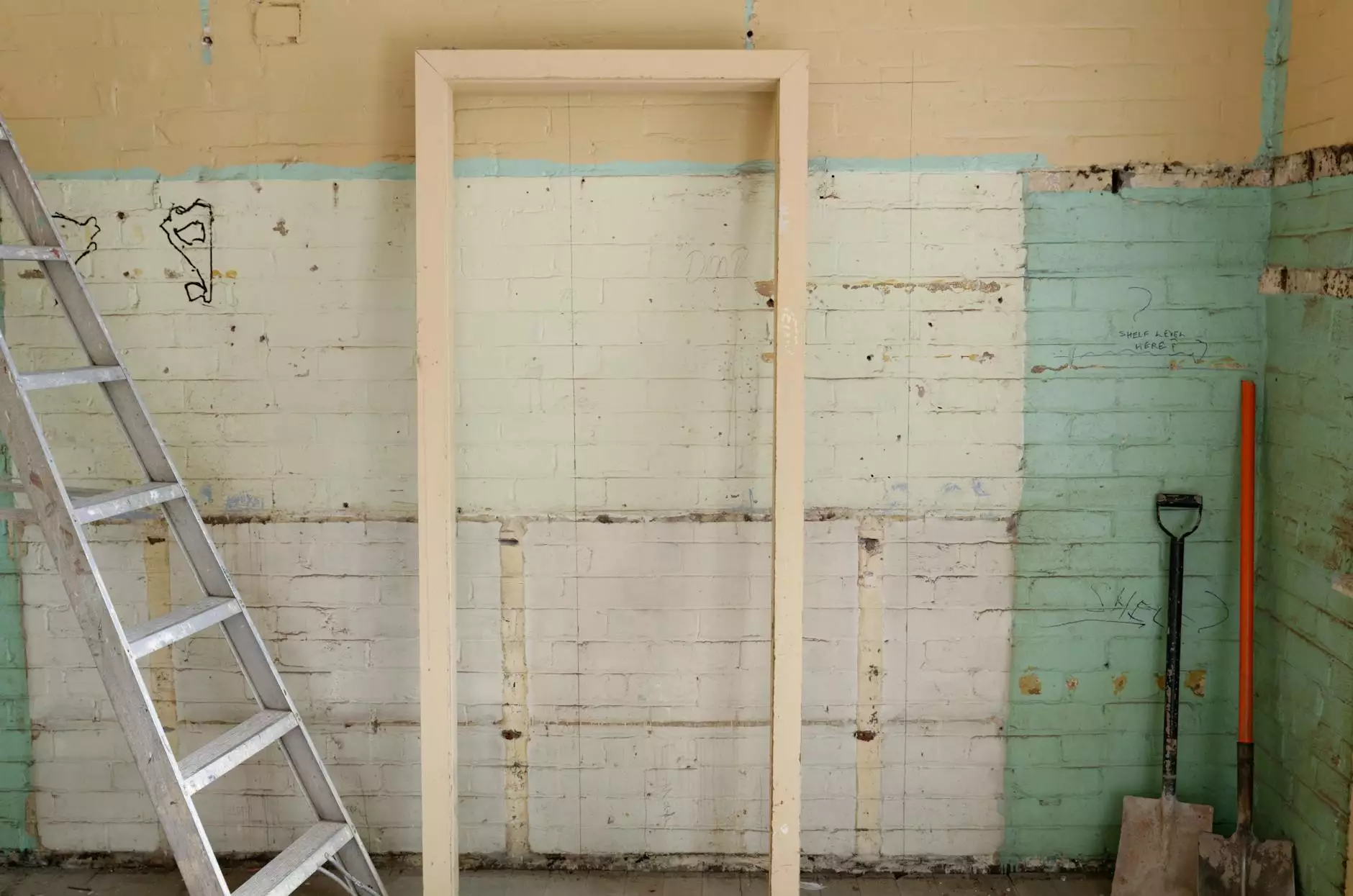How to Own a Second Property: A Comprehensive Guide

Investing in real estate is one of the most reliable ways to build wealth and secure your financial future. If you’re considering diversifying your investment portfolio, learning how to own a second property could be a significant step toward financial independence. In this article, we will explore the essential steps, strategies, and considerations that will guide you through the process of acquiring a second property effectively.
Understanding the Benefits of Owning a Second Property
Before delving into the technicalities, let’s explore why owning a second property can be a lucrative decision:
- Passive Income: A rental property can provide a consistent stream of income, often covering mortgage payments and generating additional cash flow.
- Tax Advantages: Real estate owners can benefit from deductions on mortgage interest, property taxes, and various operational expenses.
- Appreciation: Real estate often appreciates over time, increasing your overall wealth and net worth.
- Diversification: Investing in property adds a tangible asset to your portfolio, reducing exposure to volatile stock markets.
- Retirement Security: A second property can be a valuable asset to rely on during retirement, either through rental income or selling at a profit.
Evaluating Your Financial Situation
Assessing Your Current Financial Health
Before jumping into the second property market, it’s essential to evaluate your financial situation:
- Credit Score: A higher credit score often equates to better mortgage rates, making it crucial to check and improve your score if necessary.
- Existing Debts: Assess your current debts, including your primary mortgage, to ensure you can take on additional financial obligations.
- Down Payment: Determine how much you can afford for a down payment. A larger down payment can lower your monthly mortgage payments.
Setting a Realistic Budget
Once you’ve evaluated your finances, it’s time to set a realistic budget for your second property:
- Total Purchase Price: Consider all costs involved, including taxes, fees, and renovations.
- Ongoing Costs: Calculate monthly expenses such as mortgages, insurance, property management fees, and maintenance costs.
Choosing the Right Location
Researching Potential Markets
The location of your second property is vital in determining its value and profitability. Consider:
- Job Market: A booming job market attracts tenants and increases property values.
- Neighborhood Trends: Investigate up-and-coming neighborhoods where property values may rise.
- Local Amenities: Properties near schools, shopping areas, and parks tend to attract higher rental demand.
Market Analysis
Conducting a thorough market analysis can help pinpoint promising investment opportunities:
- Property Prices: Study the average property prices in your target area.
- Rental Rates: Investigate the average rental rates to project potential income.
- Vacancy Rates: Low vacancy rates indicate a healthy rental market.
Deciding on the Type of Property
When it comes to how to own a second property, selecting the right type of property is crucial. Here are the common options:
- Single-Family Homes: Ideal for long-term rentals, often preferred by families.
- Multi-Family Units: More units mean more potential rental income.
- Vacation Rentals: Properties in desirable tourist locations can command high rates.
- Commercial Real Estate: Investing in commercial properties can create substantial returns but typically requires more capital and ongoing management.
Financing Your Second Property
Understanding Your Financing Options
Financing your second property can take different forms:
- Conventional Loans: Regular loans are a popular option but may require a larger down payment for investment properties.
- FHA Loans: Under certain conditions, you might qualify for an FHA loan even for a second home.
- HELOC: A Home Equity Line of Credit allows you to borrow against the equity in your first home.
Seeking Professional Guidance
Consider consulting with a mortgage broker or financial advisor to navigate your financing options effectively. They can provide insights tailored to your financial scenario and help secure the best rates.
Conducting Property Inspections and Appraisals
Once you’ve chosen a property, conducting professional inspections and appraisals is crucial to avoid costly surprises in the future:
- Home Inspections: A thorough inspection checks for structural issues and necessary repairs.
- Appraisals: An appraisal ensures you’re making a sound investment by confirming the property’s market value.
Property Management Considerations
Deciding Between Self-Management vs. Hiring a Property Manager
Managing a rental property can be time-consuming. Consider your options:
- Self-Management: If you have the time and knowledge, managing the property might increase your profits.
- Hiring a Property Manager: This option can save time and effort, especially if you own multiple properties or don’t live near your rental.
Legalities and Regulations
Familiarizing yourself with local property laws and regulations is essential. Consider the following:
- Rental Laws: Understand tenant rights and landlord responsibilities in your area.
- HOA Rules: If your property is part of a Homeowners' Association, be aware of their rules and regulations.
Financial Management and Tax Implications
Owning a second property comes with tax implications. Consult with a tax professional to understand:
- Tax Deductions: You may be able to deduct mortgage interest, property taxes, and depreciation.
- Capital Gains Tax: Be aware of how selling your property may impact your taxes.
Conclusion: The Journey to Owning a Second Property
Knowing how to own a second property involves meticulous planning and informed decision-making. By understanding your financial capacity, researching locations, deciding on the right type of property, and ensuring legal compliance, you can set yourself up for success in the real estate market.
Investing in a second property can be one of the best financial decisions of your life. With careful consideration and strategy, you can unlock new income opportunities, build equity, and enhance your financial stability for years to come.
For more insights on real estate investments, visit sgluxuryhomes.com.sg.









